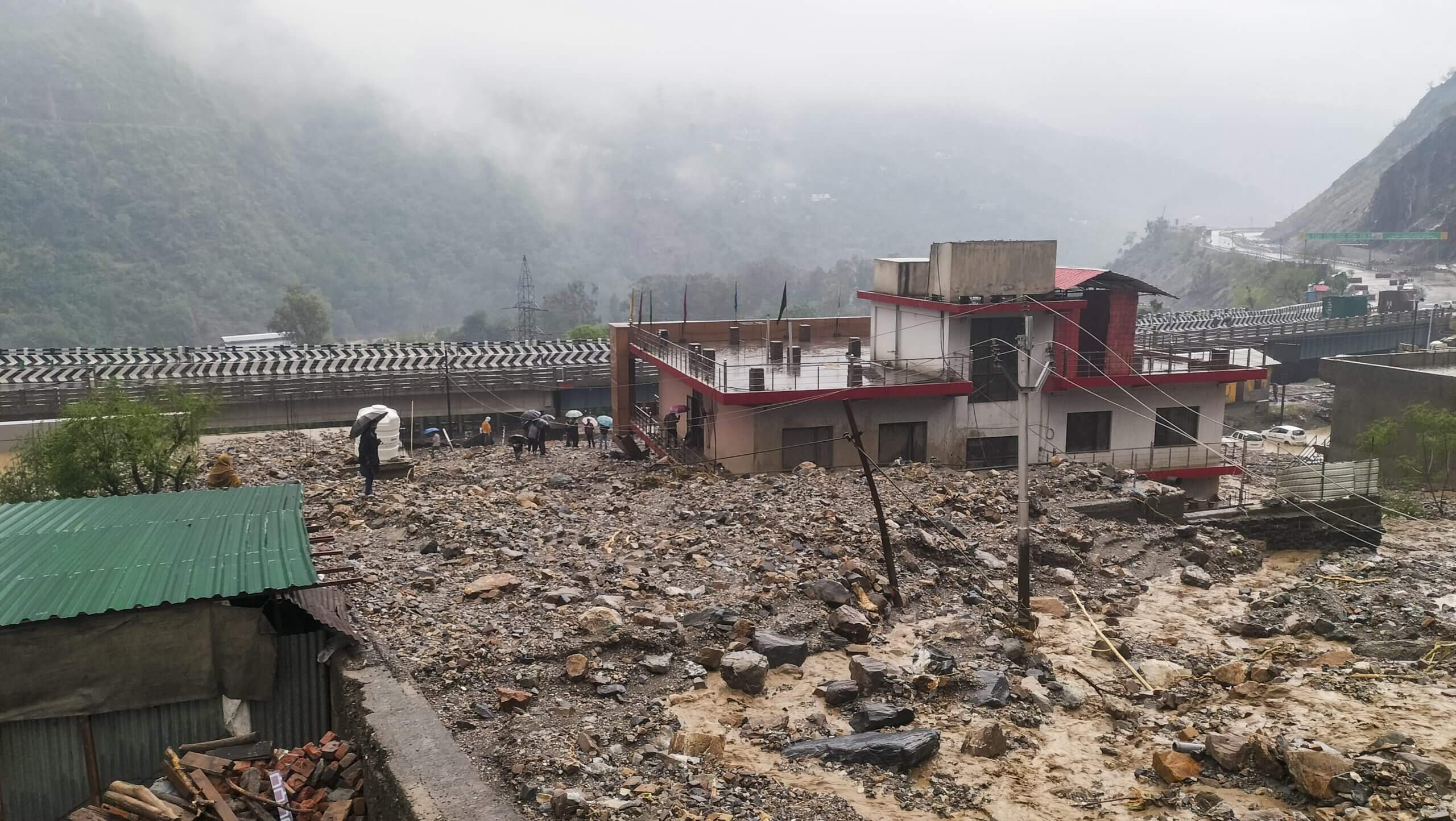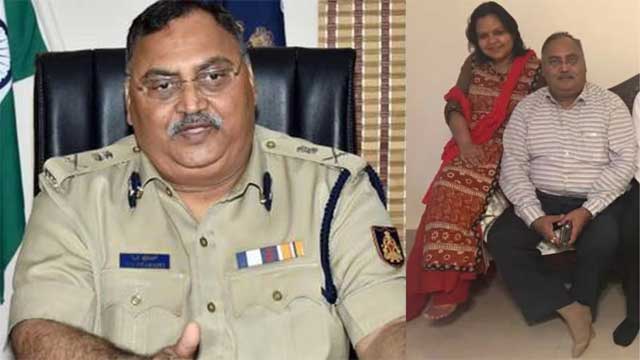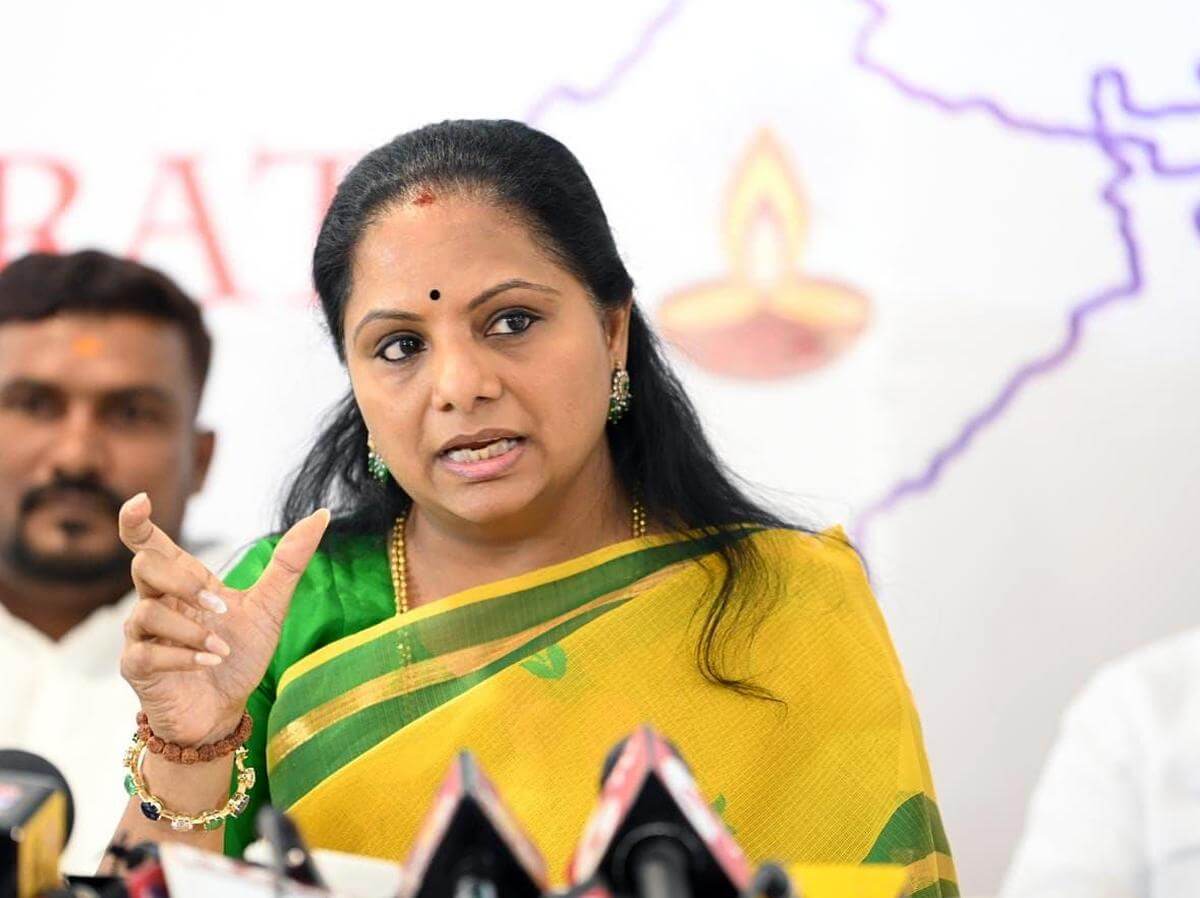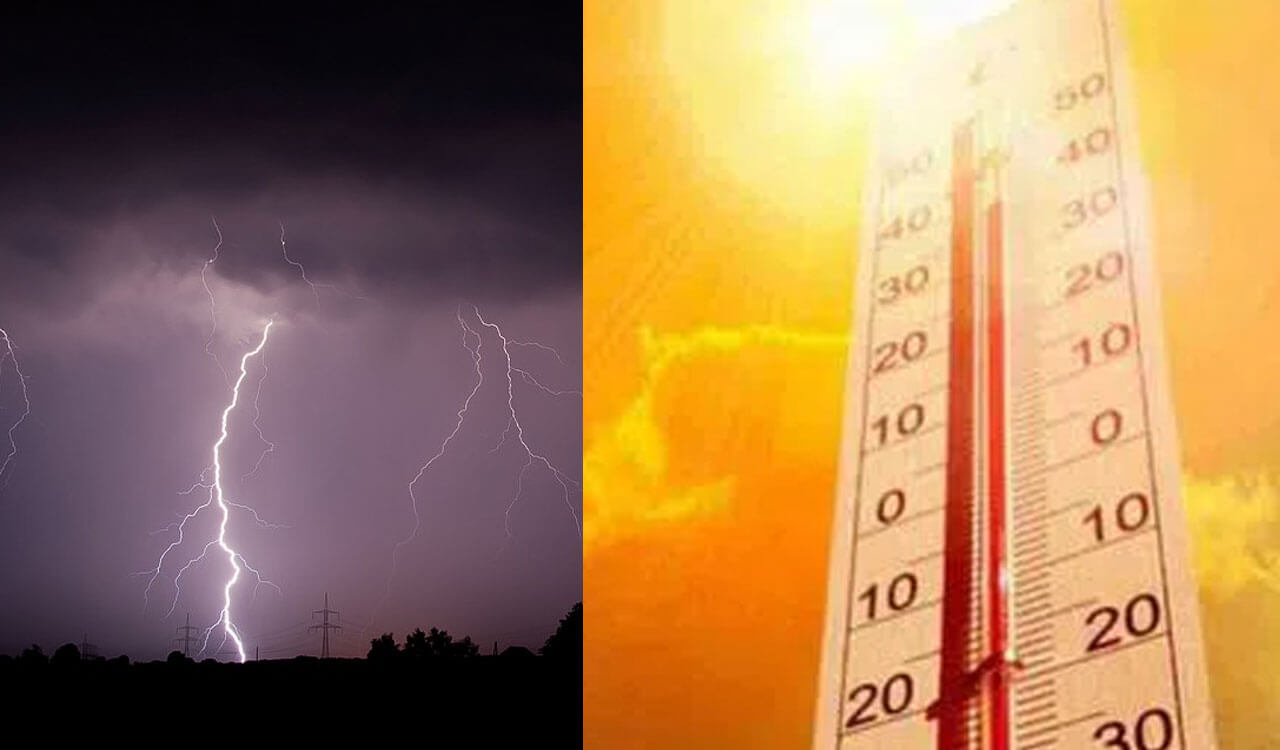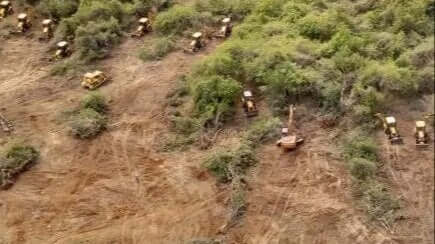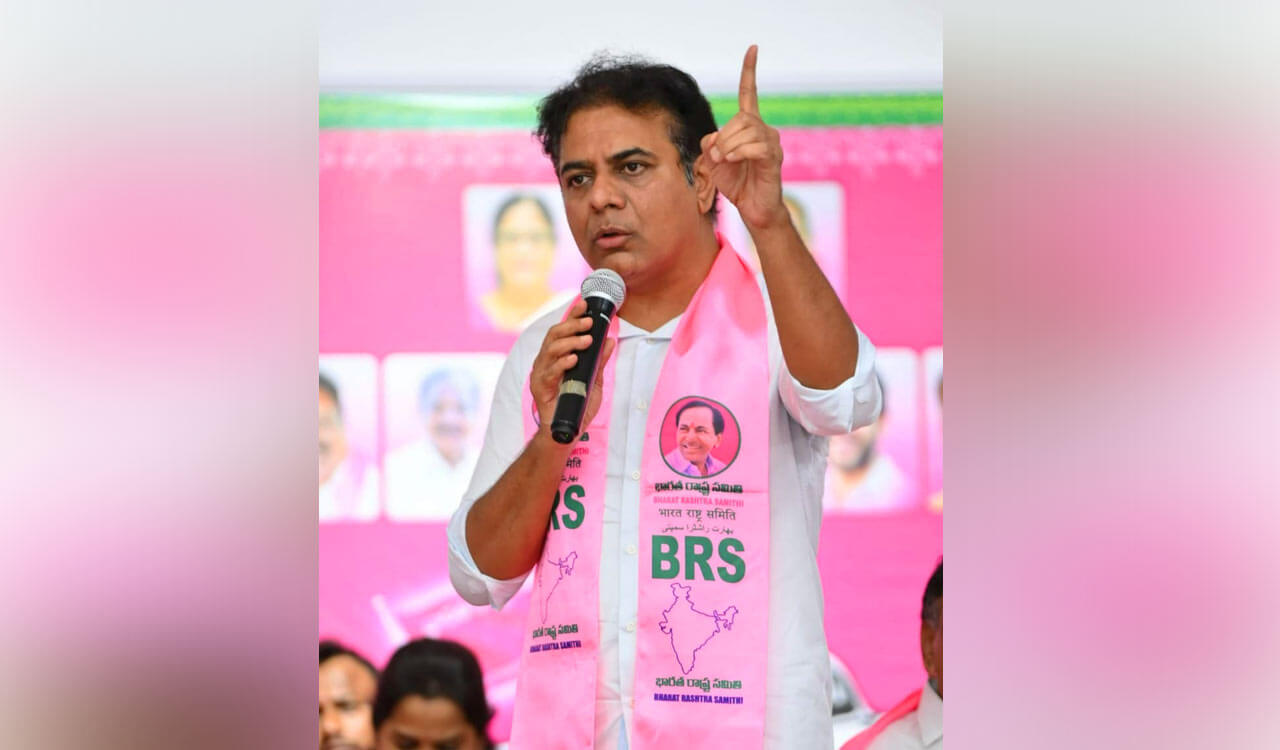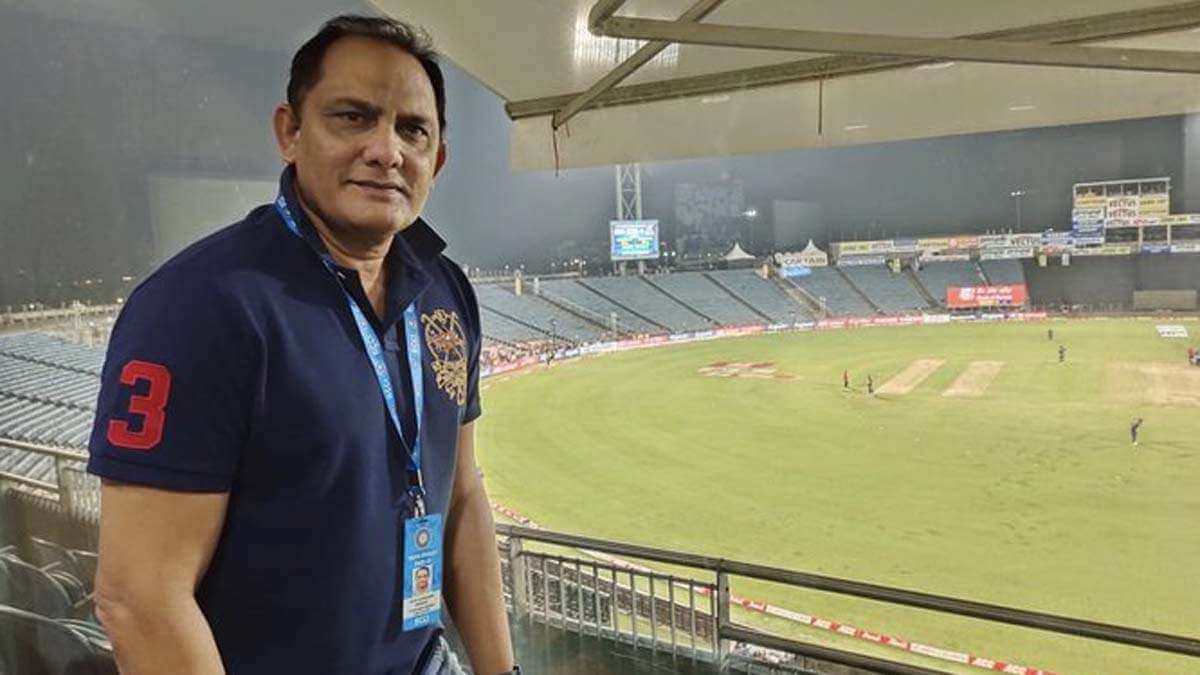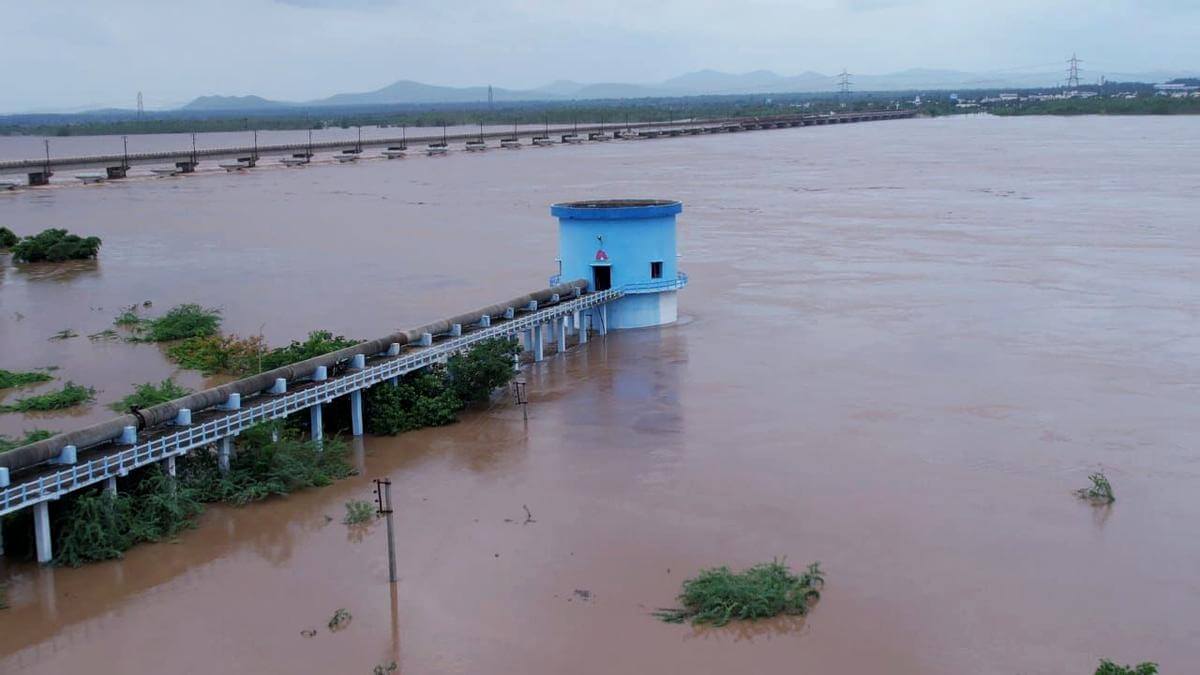New Gambian president promises reforms as thousands attend inauguration ceremony
Sun 19 Feb 2017, 11:09:06
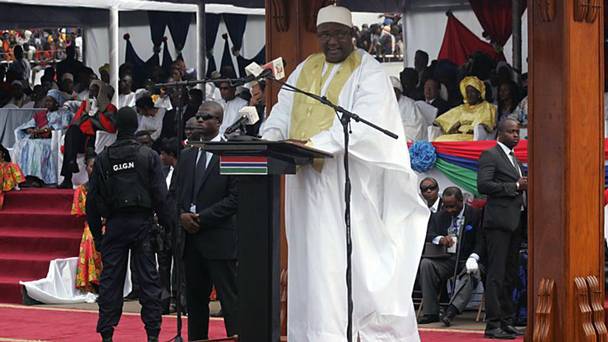
"This is a victory for democracy. It is a victory for all Gambians," Adama Barrow said to a packed stadium near the capital that included dignitaries and several African heads of state.
The day, he said, was symbolic because it also marked the day in 1965 when the small West African nation declared its independence from Britain and the year in which the 52-year-old was born.
The ceremony was held to let Gambians witness a swearing-in that echoed the official one last month.
Mr Barrow first took the oath of office at Gambia's embassy in neighbouring Senegal in January as former leader Yahya Jammeh refused to cede power.
International pressure, including the threat of a regional military intervention, led Mr Jammeh to finally accept his December election loss and fly into exile in Equatorial Guinea on January 21.
Hundreds of thousands welcomed Mr Barrow's return to Gambia days later.
He has pledged to reverse many of the actions that Mr Jammeh took during his more than two decades of power.
The new president has promised to stay in the International Criminal Court, rejoin the Commonwealth, and free political prisoners.
Mr Barrow arrived at Independence Stadium on Saturday to fanfare, waving from his vehicle in flowing white robes.
Gambians also cheered Independent Electoral Commission chairman Alieu Momarr Njai, who had to flee to Senegal during the political crisis after standing by the election results that showed Mr Barrow's
win.
win.
After hours of ceremony, including a marching band, Mr Barrow addressed the nation.
He thanked Senegal for hosting him and promised improved relations, adding: "We want the relationship between the two countries to be a model for African integration."
The president said: "Gambia has changed forever. The people are fully conscious that they can put a government in office as well as remove it."
He warned of many challenges ahead as the country emerges from rule under Mr Jammeh, who imposed a climate of fear with an administration that detained and sometimes tortured and killed opponents.
"We inherited an economic decline," Mr Barrow said, adding that the political impasse saw businesses shut down, more than 50,000 people flee and over 126,000 become displaced internally.
He promised improved employment opportunities, food security and export growth, sanitation and access to clean water.
British Foreign Secretary Boris Johnson visited Mr Barrow on Tuesday, saying: "We are here to help."
He was the first holder of his post to visit Gambia, and he said he wanted the country readmitted to the Commonwealth as fast as possible.
President Macky Sall of Senegal was among the guests at the ceremony.
He said Gambia and Senegal, a regional power that surrounds the tiny country except for its coast, must strengthen economic and other relations. Many Senegalese live in Gambia.
"We are the same people, and we remain the same people," he said.
No Comments For This Post, Be first to write a Comment.
Most viewed from International
Most viewed from World
AIMIM News
Latest Urdu News
Most Viewed
May 26, 2020
Do you think Canada-India relations will improve under New PM Mark Carney?
Latest Videos View All
Like Us
Home
About Us
Advertise With Us
All Polls
Epaper Archives
Privacy Policy
Contact Us
Download Etemaad App
© 2025 Etemaad Daily News, All Rights Reserved.



.jpg)






.jpg)
.jpg)

